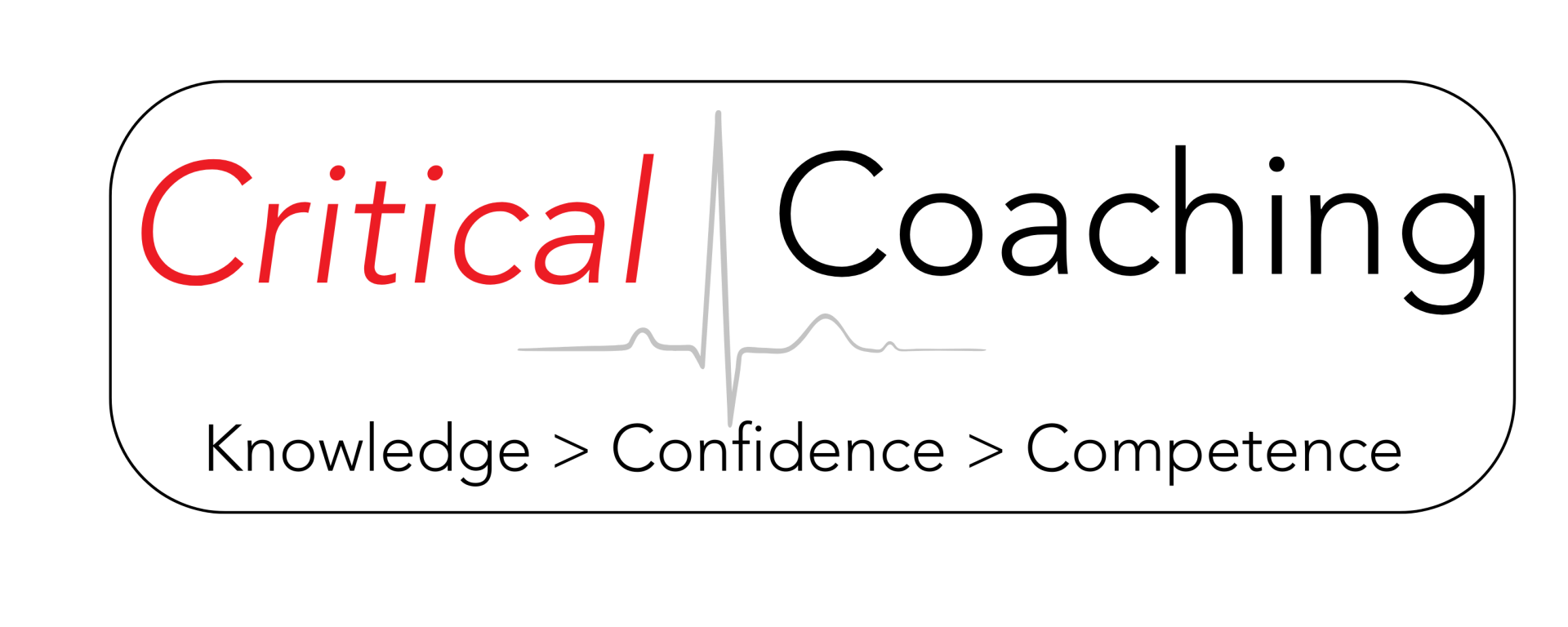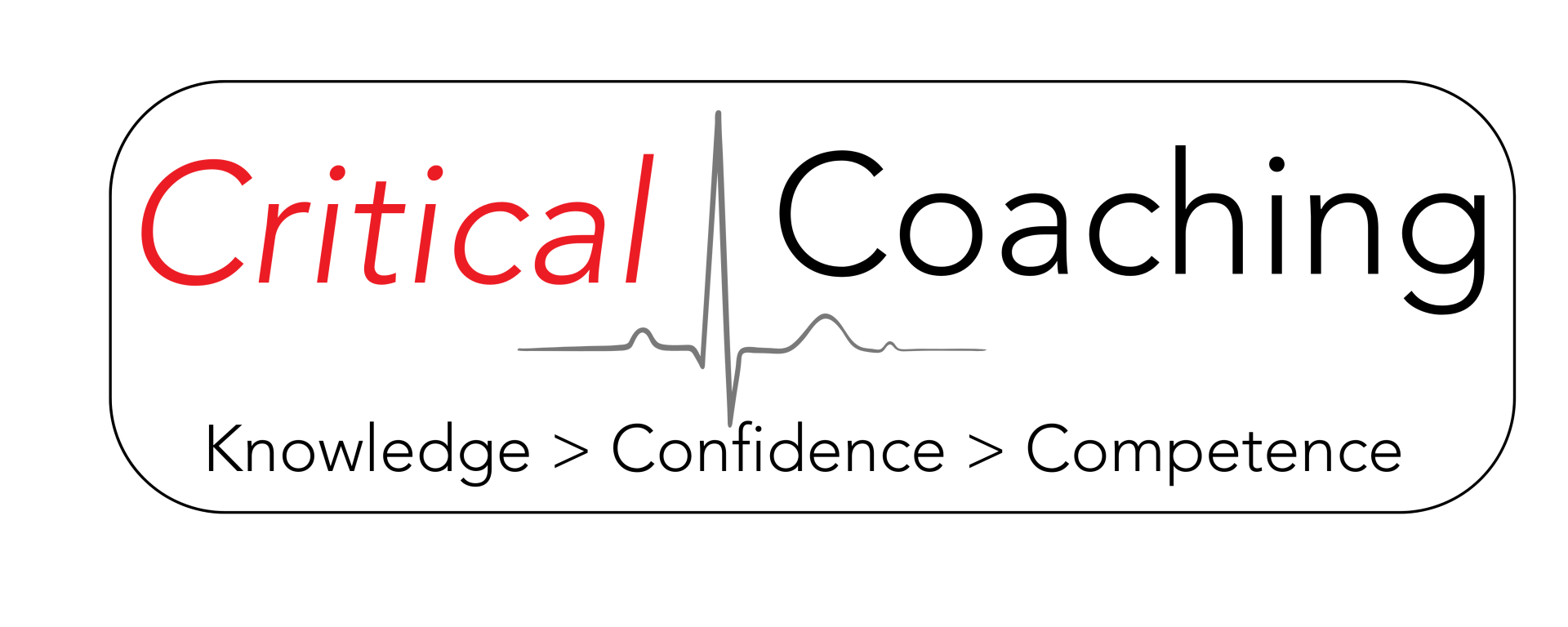Anaphylaxis
Recognition & Management
Summary of course content:
Write your awesome label here.
Write your awesome label here.
Deteriorating Patient
Recognition and Escalation
Summary of course content:
Sign up to unlock full course details, pricing & availability
Create an obligation free account to view our current courses and pricing. Registration is obligation free and does not commit you to enrolling in, or purchasing any courses. We respect your privacy and will never spam you or share your email address.


